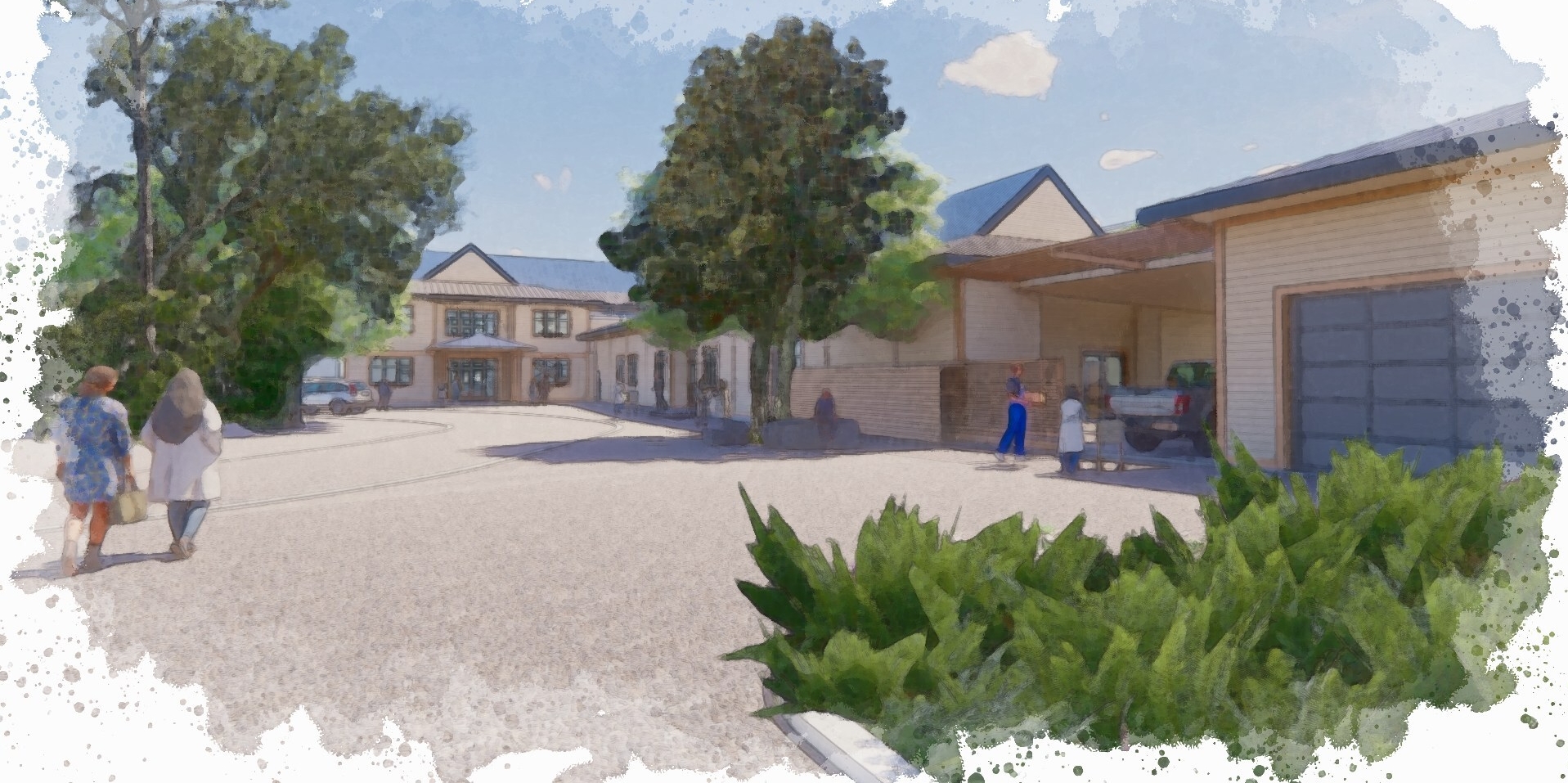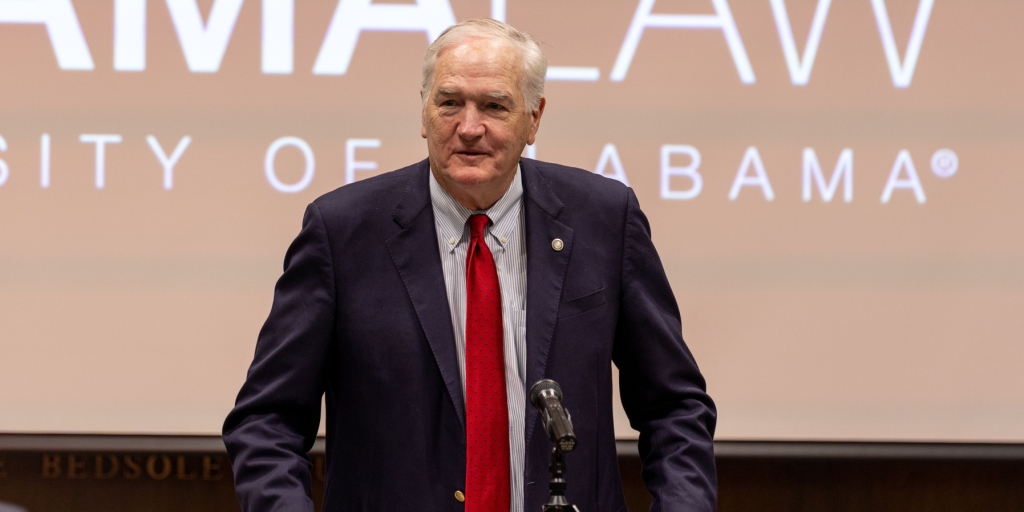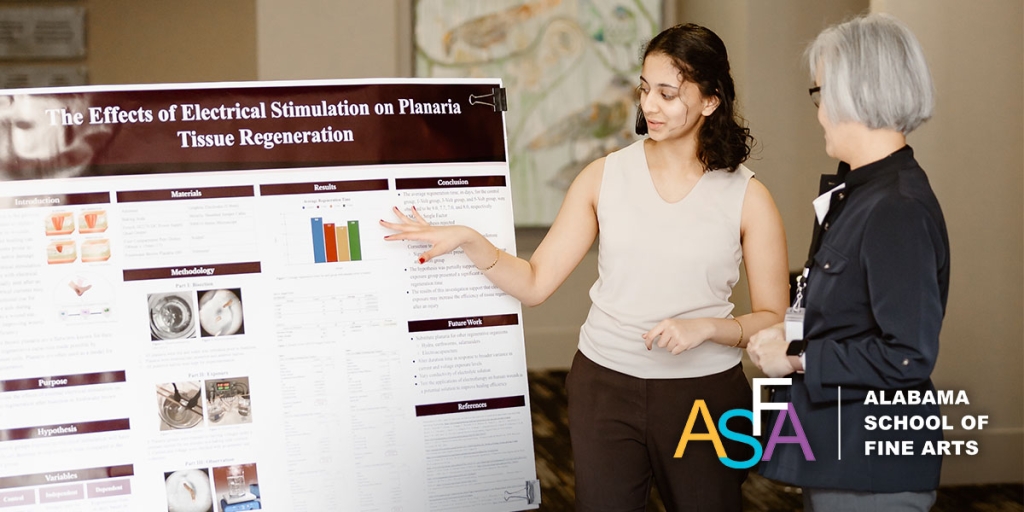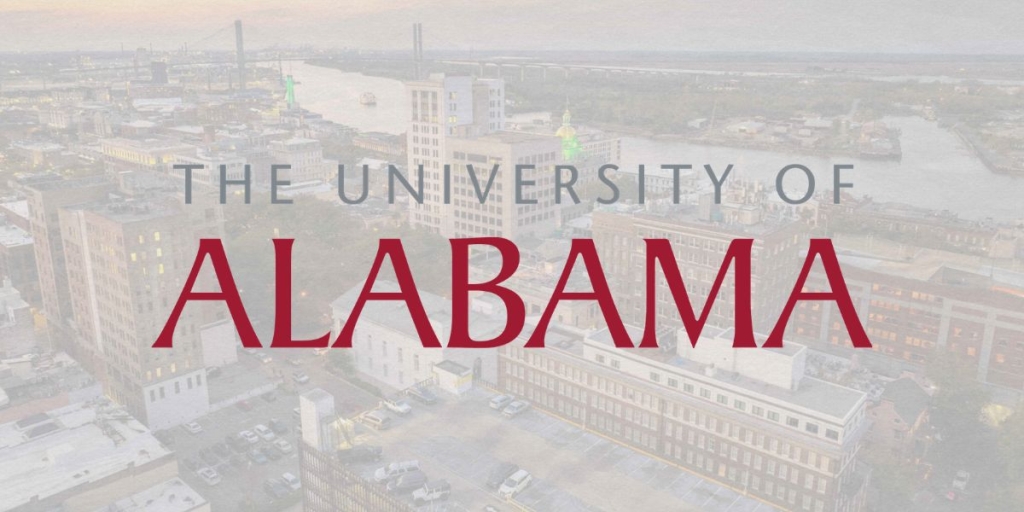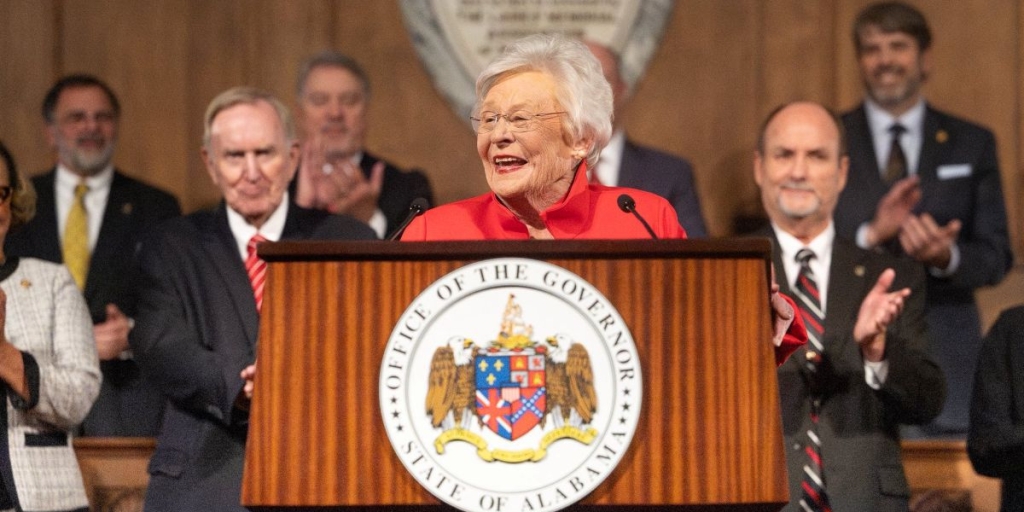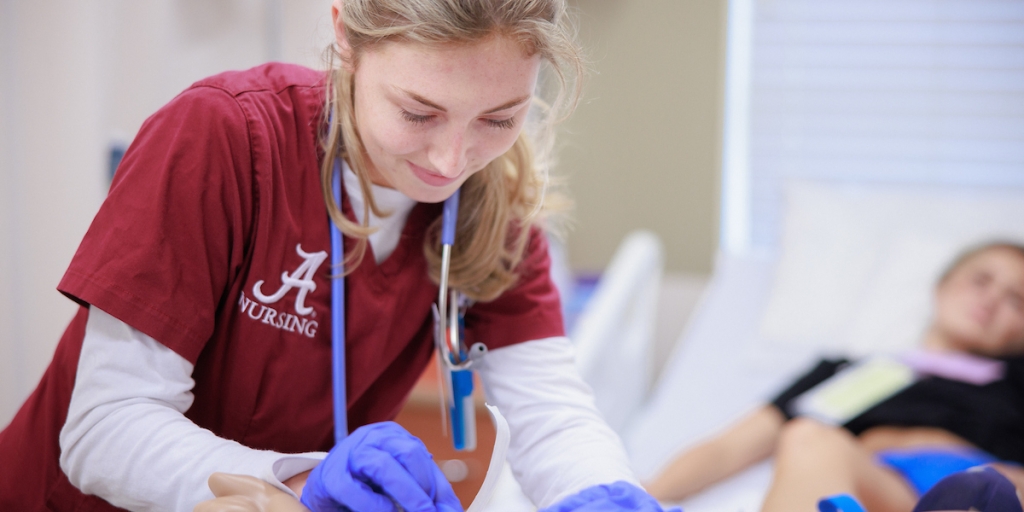Auburn engineers are heading to the beach — not for vacation, but to build a better, more resilient Gulf Coast.
Golden shovels turned dirt Thursday morning as the Samuel Ginn College of Engineering broke ground on the Auburn University Gulf Coast Engineering Research Station, a partnership with the city of Orange Beach.
The 21,000-square-foot facility, located at 4775 Walker Ave., will span two stories and offer direct access to the Gulf Coast. Designed with collaboration and research in mind, the station will include laboratories, offices, large meeting rooms and outdoor gathering areas on both levels — all oriented toward scenic views of Terry Cove. It will serve as a permanent hub for studying Gulf Coast environments and communities while supporting partnerships with other institutions in the Marine Environmental Sciences Consortium.
Auburn President Chris Roberts said the station represents the fruition of the university’s 2035 strategic plan.
“We couldn’t be more excited to be part of this community and this region of our state,” he said. “I look forward to the partnerships, the discoveries and the impact to come.”
Roberts said Auburn aims to build synergistic partnerships where its strengths are complemented by those of universities, organizations, research centers and other collaborators.
“Orange Beach is now part of that network and I’m truly grateful,” he said.
The Gulf Coast Engineering Research Station will focus on three primary research areas: protecting and restoring water quality and quantity, conserving habitat and living resources and enhancing the sustainability and resilience of coastal communities.
Mario Eden, dean of engineering, said that when the RESTORE Act created new federal investment opportunities, Auburn saw a chance to meet a long-term regional need in a meaningful and lasting way.
He said the station will support research into water quality, marine health and how human activity — from urban development to chemical runoff — impacts natural systems
“The point is: this isn’t just academic work,” Eden said. “It’s about finding real solutions to protect our coastal communities, strengthen economic resilience and preserve the natural resources that make this region so important to the state of Alabama. Auburn University is proud to be part of that future.”
In addition to research, Auburn Engineering plans to use the facility to engage residents and visitors through outreach and continuing education programs that build awareness of the region’s natural, historical, cultural and environmental resources.
Orange Beach Mayor Tony Kennon said the station reflects both the city’s and Auburn’s shared commitment to excellence.
“Just the thought of an engineering research center led by Auburn University, with collaboration from universities all over, is really special for us — and a great example for all of our school-aged kids and surrounding areas,” Kennon said.
Funding for the station was provided by the Alabama Gulf Coast Recovery Council in partnership with the Alabama Department of Conservation and Natural Resources.
Chris Blankenship, commissioner of the Department of Conservation and Natural Resources, said the station is one of more than 175 projects in coastal Alabama funded by Deepwater Horizon settlement money.
He said it was selected for RESTORE funding by the Alabama RESTORE Council as an infrastructure project that supports both economic development and environmental restoration.
“This is going to be a great project for coastal Alabama,” Blankenship said. “The research done here will help us better understand our coastal environment so we can protect and enhance the places that make Alabama so special. The work that happens here can make Alabama an even better place to live, work and raise a family.”
The region has faced significant economic disruption from both natural and man-made disasters. These challenges have included declines in tourism and related industries, damage to infrastructure, harm to agriculture and fisheries and lasting effects on the natural environment.
With the creation of this facility, Auburn Engineering and its partners will conduct both fundamental and applied research to address the most pressing challenges facing Alabama’s coast and the broader northern Gulf region. The station will directly support the goals outlined in the 2016 Gulf Coast Ecosystem Restoration Council Comprehensive Plan.
Courtesy of the Auburn University College of Engineering




